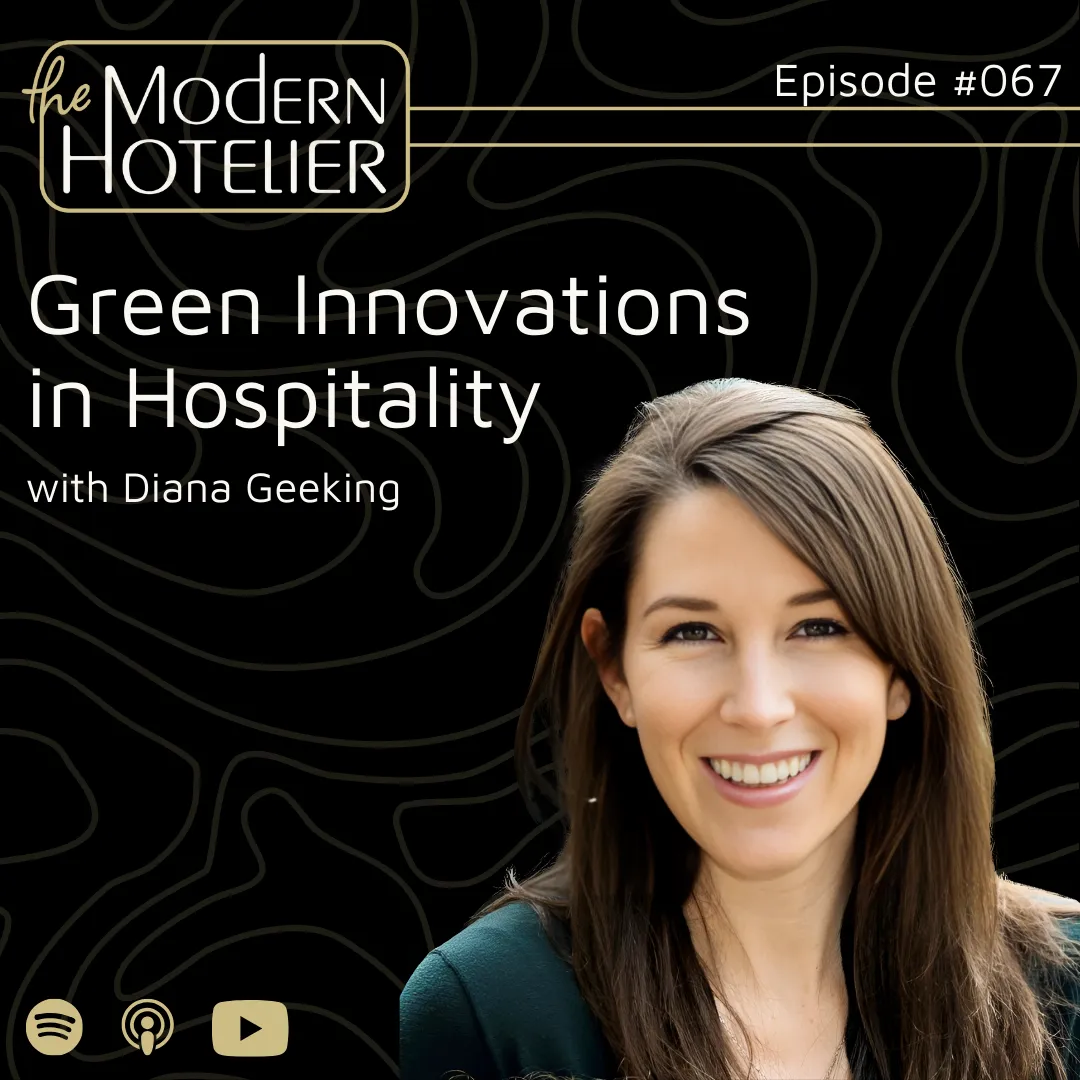Diana Geseking is the General Counsel for Restaurant Technologies, where she advises the senior leadership on a wide array of legal issues. She oversees various legal functions across the business and brings diversified experience in contract negotiation, business transactions, corporate governance, intellectual property, risk mitigation, compliance and regulatory matters, privacy, advertising/marketing, employment and labor, and litigation management. She joined Restaurant Technologies in 2019. Diana is a graduate of the University of Michigan Law School. She holds a bachelor's degree from Amherst College.
On this episode, Steve and David are joined by Diana Geseking. Diana discusses her company's automated oil management system that helps restaurants increase efficiency, safety, and sustainability by delivering fresh cooking oil, filtering it, and recycling used oil into renewable fuels. They dive into Restaurant Technologies' partnership with Chevron, the impressive statistics around their oil recycling efforts, and how their solutions allow restaurants to meet environmental and social governance (ESG) goals. Diana also shares entertaining stories from her background playing rugby and being a campus police assistant during college.
Get ready to be inspired by her story of determination, innovation, and commitment to making a difference.
In this episode, you'll learn about:
- The Restaurant Technologies' Initiatives
- How do these technologies contribute to the broader goals of sustainability in the restaurant industry?
- What are some practical small-scale practices that restaurants can implement to complement technological solutions?
- Why is digital presence important for professionals today, especially in leadership positions?
This episode is sponsored by Restaurant Technologies: https://www.rti-inc.com/
Join the conversation on today's episode on The Modern Hotelier LinkedIn page.
The Modern Hotelier is produced, edited, and published by Make More Media: https://makemore.media/
Episode Links
Diana Geseking
Diana Geseking on LinkedIn
David Millili
Steve Carran
Steve on LinkedIn
The Modern Hotelier
Transcript
Automatic Transcription - please excuse any errors

